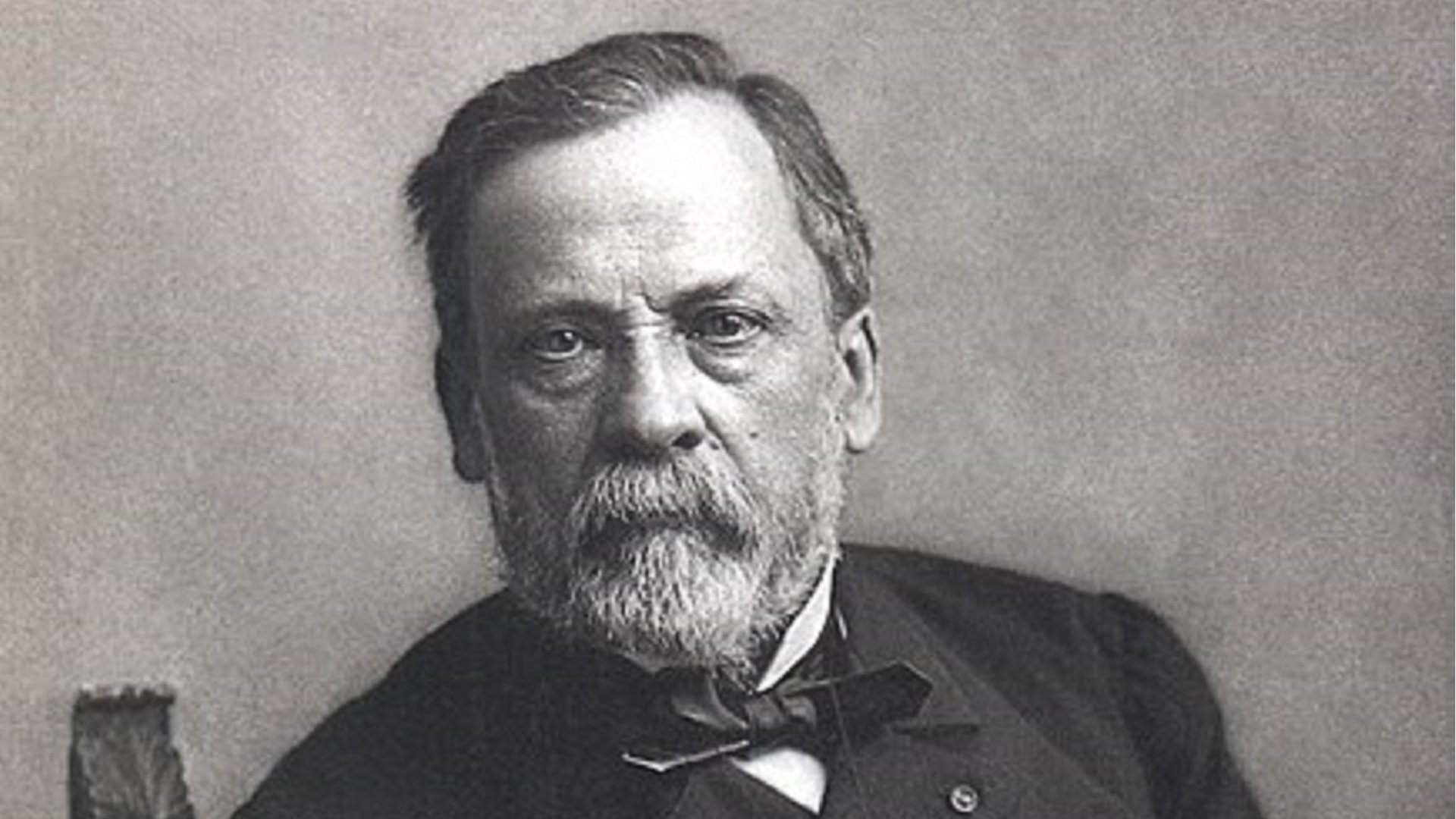Louis Pasteur (1822-1895) was a French biologist who is often regarded as the father of modern microbiology because of his many contributions to science. He was the first to demonstrate that infectious diseases are caused by microbes, disproved the concept of spontaneous generation (the idea that microbes could appear out of nothing), developed the process of pasteurization (as well as being its namesake), and developed some of the world’s first vaccines.
Louis Pasteur (1822-1895) was a French biologist who is often regarded as the father of modern microbiology because of his many contributions to science. He was the first to demonstrate that infectious diseases are caused by microbes, disproved the concept of spontaneous generation (the idea that microbes could appear out of nothing), developed the process of pasteurization (as well as being its namesake), and developed some of the world’s first vaccines.
Pasteurization
Pasteurization has become a pillar of the modern food/beverage industry where it is employed to improve food safety and to prolong the shelf-life of particularly milk and fruit juices. During this process products are heated in a quick, controlled fashion, usually to below 100°C, killing many of the microbes and breaking down enzymes which would otherwise contribute to spoilage. Bacterial spores survive this process, but can be eliminated after germination and via a second round of pasteurization.
Vaccines
Smallpox was one of the deadliest infectious diseases in Europe in de 18th century, responsible for about 400.000 deaths. In 1796, the British doctor Edward Jenner discovered that exposure to pus originating from cowpox lesions resulted in resistance to smallpox infections. In fact, the word vaccine actually comes from the Latin name ascribed to cowpox by Jenner, Variolae vaccinae (vaccinae means ‘from the cow’).
Spurred on by these discoveries Louis Pasteur tried to find a comparable cure for chicken cholera. In 1879 he found that chickens which had been previously infected with old, weakened cholera bacteria showed no symptoms upon subsequent exposure to fresh, disease-causing bacteria. In this way he effectively developed the first living vaccine.

